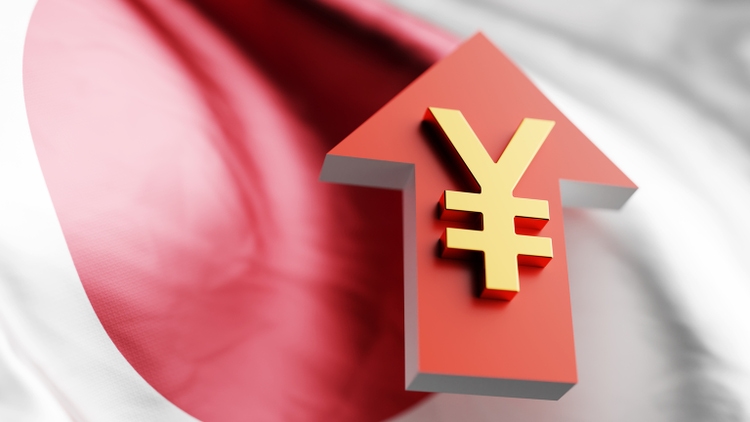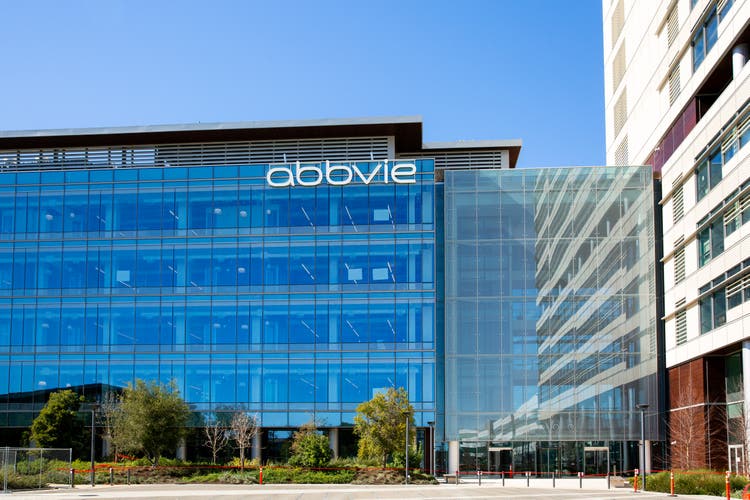- The Trump Organization, owned by Donald Trump, is suing vendors on e-commerce platforms like Amazon and eBay for allegedly selling counterfeit Trump merchandise. The company is deploying the controversial strategy of a Schedule A case that allows it to potentially sue hundreds of sellers while avoiding quickly accumulating filing fees.
The Trump Organization is warning sellers there’s only one place to get Trump merch, deploying a controversial legal strategy to crack down on alleged counterfeiters.
The conglomerate owned by Donald Trump filed a lawsuit against unnamed merchandise sellers in a U.S. District Court in Florida on Friday, claiming merchants across multiple online platforms like Walmart, Amazon, and eBay sold “inferior imitations” of cups, baby clothing, T-shirts, and other items bearing the Trump trademark.
“Defendants are improperly advertising, marketing, and/or selling unauthorized and illegal products infringing upon at least a portion of plaintiffs’ Trump trademarks,” the complaint said. “By selling counterfeit products that purport to be genuine and authorized products using the Trump trademarks … defendants cause confusion and deception in the marketplace.”
Selling Trump merch has proven to be lucrative to some, with about 9,000 Amazon sellers raking in nearly $140 million in revenue in the months leading up to the election, according to data from e-commerce marketing platform Omnisend.
Controversy in legal strategy
The Trump Organization’s decision to sue these sellers in his particular manner has raised questions from legal experts. The conglomerate has opted for a Schedule A case, a legal trend that has snowballed in popularity among some trademark lawyers in recent decades, as it allows the plaintiff to, in many cases, skirt fees and generally generate chunks of change from settlements, according to legal experts.
As e-commerce giants beef up their third-party marketplaces, legal concerns over dupe sales have likewise grown, and plaintiffs may want to cast a wide net to hold accountable alleged infringers. Unlike many trademark infringement cases, Schedule A cases allow the plaintiff to sue a wide swath of defendants without having to name particular entities—such as the names of specific online sellers—under the auspices they are foreign vendors. This blanket allows the plaintiff to avoid paying expensive filing fees per entity it is suing.
Schedule A cases also give significant power to the discretion of the judge. In many instances, a boilerplate complaint will outline allegations against counterfeiters, who have committed the highest level of trademark infringement, according to Sarah Fackrell, a professor of intellectual property law at the Chicago-Kent College of Law. Part of this strategy is rhetorical, in order to argue to the judge that these anonymous alleged “bad actors” should be held accountable, she told Fortune.
At that point, a judge can decide to freeze the accounts of online purveyors of the alleged counterfeit merchandise—without telling the sellers they have been sued by the plaintiff. Often equipped with few means of acquiring legal aid after being served, these sellers typically choose to settle with the plaintiff rather than hire lawyers to fight the case.
“As you might imagine, when courts grant this, you wake up one day and your Amazon account is frozen, and you don’t know what’s going on,” Fackrell told Fortune. “That creates an … incredible incentive to either settle or just default, depending on how much money you have or your business model.”
According to Fackrell, dozens to up to 1,000 sellers can be sued in these cases.
“So this is the game,” she said. “This is really extraordinary. This is not normally how federal litigation goes.”
 The Trump Organization claims in a complaint that Trump-themed hats sold on online marketplaces, left, are counterfeited versions of hats sold by the conglomerate, right.
The Trump Organization claims in a complaint that Trump-themed hats sold on online marketplaces, left, are counterfeited versions of hats sold by the conglomerate, right.Due process concerns
What’s concerning to some legal experts is that many sellers are informed their accounts are frozen via email, with some finding out they were named defendants in legal cases from these emails. While some of these sellers could be sophisticated counterfeiters, others are likely not, Fackrell said. But because of the blanket body of defendants created through Schedule A, the legal system doesn’t always sufficiently differentiate between these parties, punishing smaller vendors in the same way as those running large-scale operations.
“There’s a lot of reasons to be concerned about due process, and these defendants kind of getting railroaded, whether or not they did anything wrong,” Fackrell said.
In 2023, a court ordered a woman in Florida to pay $250,000 as part of a crackdown on unauthorized merchandise after she sold just $360 worth of tumblers with the likeness of country musician Luke Combs on Amazon. The woman told media outlets she found the legal notification in her junk folder, but missed the deadline to respond, as she was in the hospital, and was then ordered to pay statutory damages.
Other sellers included in the lawsuit appeared to be larger operations out of Asia. Combs apologized after finding out about the litigation and offered to help pay for the woman’s medical bills.
Why is the Trump Organization suing now?
Since many of these cases are under seal, it’s difficult to discern how much money plaintiffs are able to make from Schedule A, though Fackrell said some lawyers have admitted it’s a strategy to bring in some cash.
“At least some of these plaintiffs are sold on this litigation format as an alternative revenue source,” she said.
The specific reason behind why the Trump Organization would file a trademark infringement lawsuit isn’t clear, Amy Landers, an intellectual property law professor at Drexel University’s Thomas R. Kline School of Law, told Fortune. Some brands don’t feel compelled to pursue copyright-infringement litigation against alleged unauthorized merchandise sellers because the merch can effectively act as free advertising, she said.
Brands like Chanel and Louis Vuitton may conversely be more litigious, Landers posited, as luxury firms want to prevent their brands from becoming generic and meaningless. But for the Trump Organization, unauthorized merchandise has been manufactured for more than a decade, raising questions about why the conglomerate would choose now to take legal action against these alleged infringers.
“If other people are selling merch and they didn’t authorize it, eventually they might look generic,” Landers said. “But this is so counterintuitive to me, because … there really wasn’t enforcement until now.
The Trump Organization did not respond to Fortune’s request for comment.
This story was originally featured on Fortune.com

 19 hours ago
1
19 hours ago
1











 English (US) ·
English (US) ·